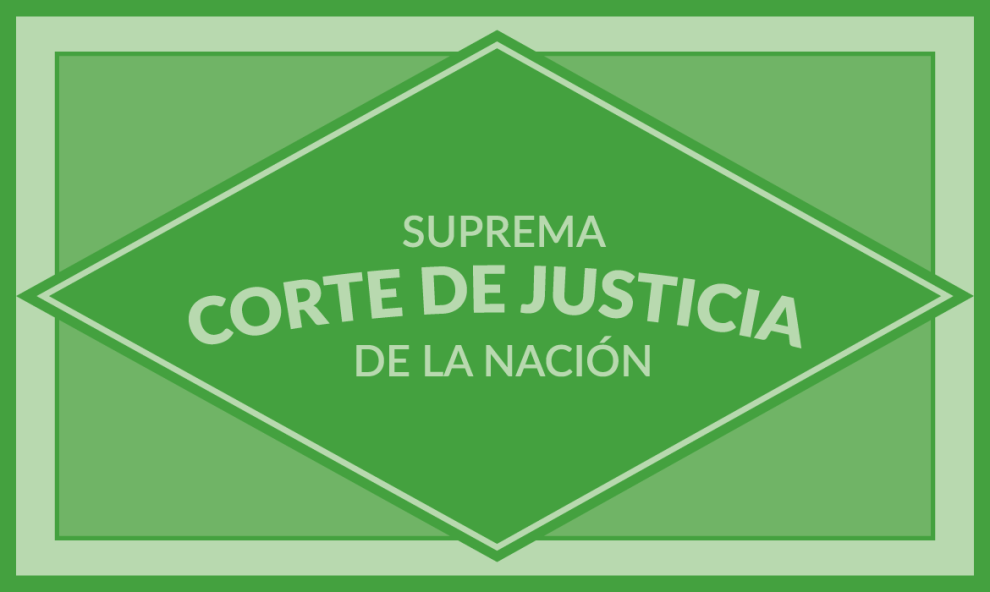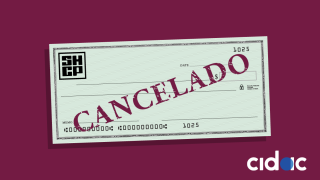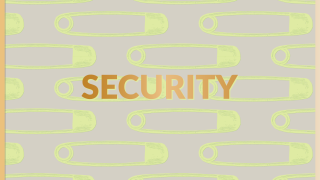One would think that victims would be the first to be interested in what is referred to as “due process” of law. In essence, the concept implies that the procedures that judicial authorities follow in their inquiries and investigations must adhere strictly to legal limits, and cannot be unfair, arbitrary or unreasonable vis-a-vis the person being charged or investigated. Due process constitutes a basic right designed to protect a person who, even if charged, may be innocent.
The issue at hand is the much debated Cassez case, a French woman that has been sentenced to sixty years in jail for kidnapping. In its draft resolution, to be discussed by the members of the Supreme Court, Justice Arturo Zaldivar argues that the violations of the rights of the accused during the investigation were so broad that they cannot be overlooked. The proposed resolution has generated an outcry on the part of victims, who rightly argue that if the Justice’s draft were to become a Court’s decision, the rights of victims would be utterly ignored.
In a country characterized by so much violence and impunity, it seems logical that victims and their relatives organize themselves to demand that their rights be considered, that the guilty pay for their crimes and that the State assume its responsibility before the current crime wave in the country. Victims clearly have rights, starting with their right to make their voices heard in the public debate. What does not seem to be clear to me is that opposing the Zaldivar draft is a rational course of action or that it is in line with the objectives and the causes that they are pursuing.
Opposing due process implies opposing the professionalization of the Office of the Public Prosecutor and of the police forces, i.e., opposing the consolidation of the State, the entity responsible for addressing victims’ demands and the security of its citizens. Strengthening the State is a prerequisite for public safety, and for the ending of impunity, corruption and violence.
Victims exist due to the weakness of the State and its pre-modern nature, which in turn helps explain crime and impunity. A state that violates the rights of its citizens is not a state worthy of its name and neither is it presentable in the international arena on which our economy depends, together with our self-esteem and stature as a nation. How can we challenge cases involving Mexican citizens in U.S. courts –on due process grounds no less- if as a country we do not respect due process and other basic principles of any self-respecting judicial system?
Of course, from the victim’s perspective, a favorable ruling for the Zaldivar project would entail releasing the person in question, something that could potentially unleash a sea of injunctions by other criminals currently in prison. Victims are legitimately opposed to the release of those who kidnapped, harassed, hurt or murdered their relatives or themselves. No one can question their anger.
The victims’ main objection to the Zaldivar draft is that it does not take them into account. My impression is that, given the focus he took, the judge did not ignore them but instead targeted the root cause of the criminality that generated these victims: the weakness of the State, and in this case in particular, the weakness of the Public Prosecutor’s Office. The lack of respect for due process, the draft implicitly states, is one of the causes of our current state of affairs. This is why, I think, opposing the Zaldivar approach is the by-product of anger -or could it be desire for revenge?- over rational and careful reflection.
The issue at stake is crucial. Due process is one of the central elements of a just society, and a bulwark of the rule of law and democracy. As Mexicans we know that the Public Prosecutor’s Office and the police violate procedures on a daily basis. No country can consider itself modern if it is unable to respect the rights of citizens, including the rights of the accused. A ruling against this principle would constitute a step back to the Neolithic era. A ruling in favor would mean a radical change in the incentives for both police and prosecutors and would open the door to a new era in judicial affairs in the country. This indeed is no small matter.
The paradox is that the starting point for activists and victims is that they have no trust in the authorities while, at the same time, they ferociously defend the proceedings and conclusions reached by the authorities. The subject would be laughable if it did not involve something so crucial.
Lack of trust in the authorities is the result of past experience. In theory, authorities are responsible for eradicating endemic problems such as corruption, impunity, criminality and violence. However, historically and looking beyond the rise in crime and violence seen in recent decades, our governments, at all three levels, have not been noticeably adept at fighting these evils. In fact, the incentives that our political system offered were not those of a modern country but those of an authoritarian system in which those in power had little or no reason to be interested in ordinary people, except when they complained. In other words, the authorities and governments have earned the citizens’ contempt.
A resolution in favor of due process would have enormous consequences because it would generate both positive and negative incentives. On the positive side, it would force both the public prosecutors and the police to undergo a radical reform, which is why the Zaldivar project is so important. On the other hand, a resolution against the Zaldivar draft would create incentives for all criminals to start injunctions against their charges or convictions. That is, kidnappers, murderers, drug dealers and other criminals could claim the same right. The cost of having abandoned the rule of law is high, but continuing to do so would be intolerable.
The important question to ask is what we want as a country. One option would be to continue following the “ostrich strategy”, i.e. to pretend that we can end misrule and mismanagement of justice by staying the way we are. The alternative would be to address any ensuing problems so that we are able to start building a modern, civilized and democratic society. Magistrate´s Zaldivar project is a huge challenge for this nation’s citizens, politicians and judges, who have not distinguished themselves by their willingness to concentrate on the problems of building a dignified future. What is at stake is enormous, even if the consequences that would need to be confronted are huge.
Victims






Comments